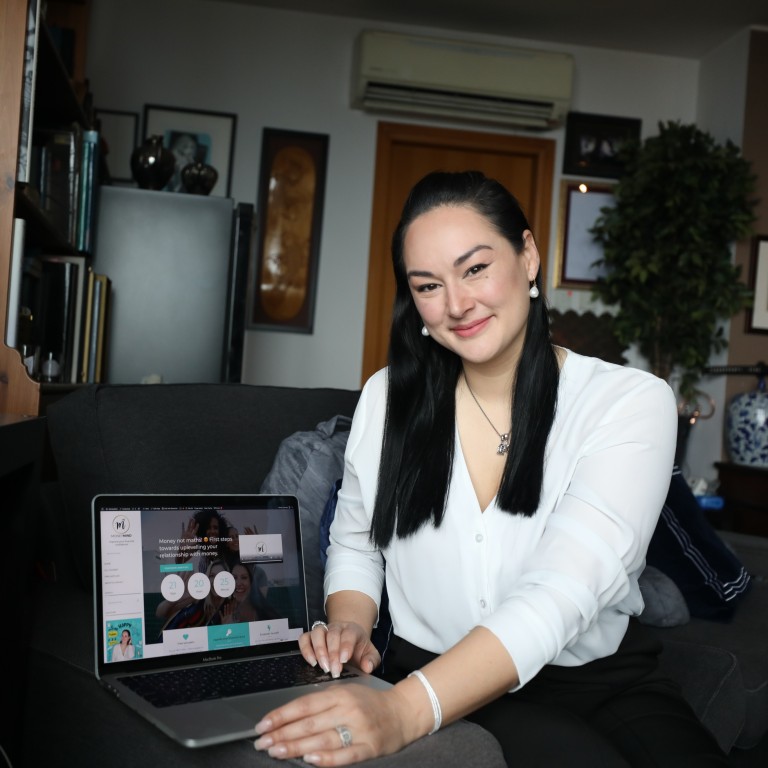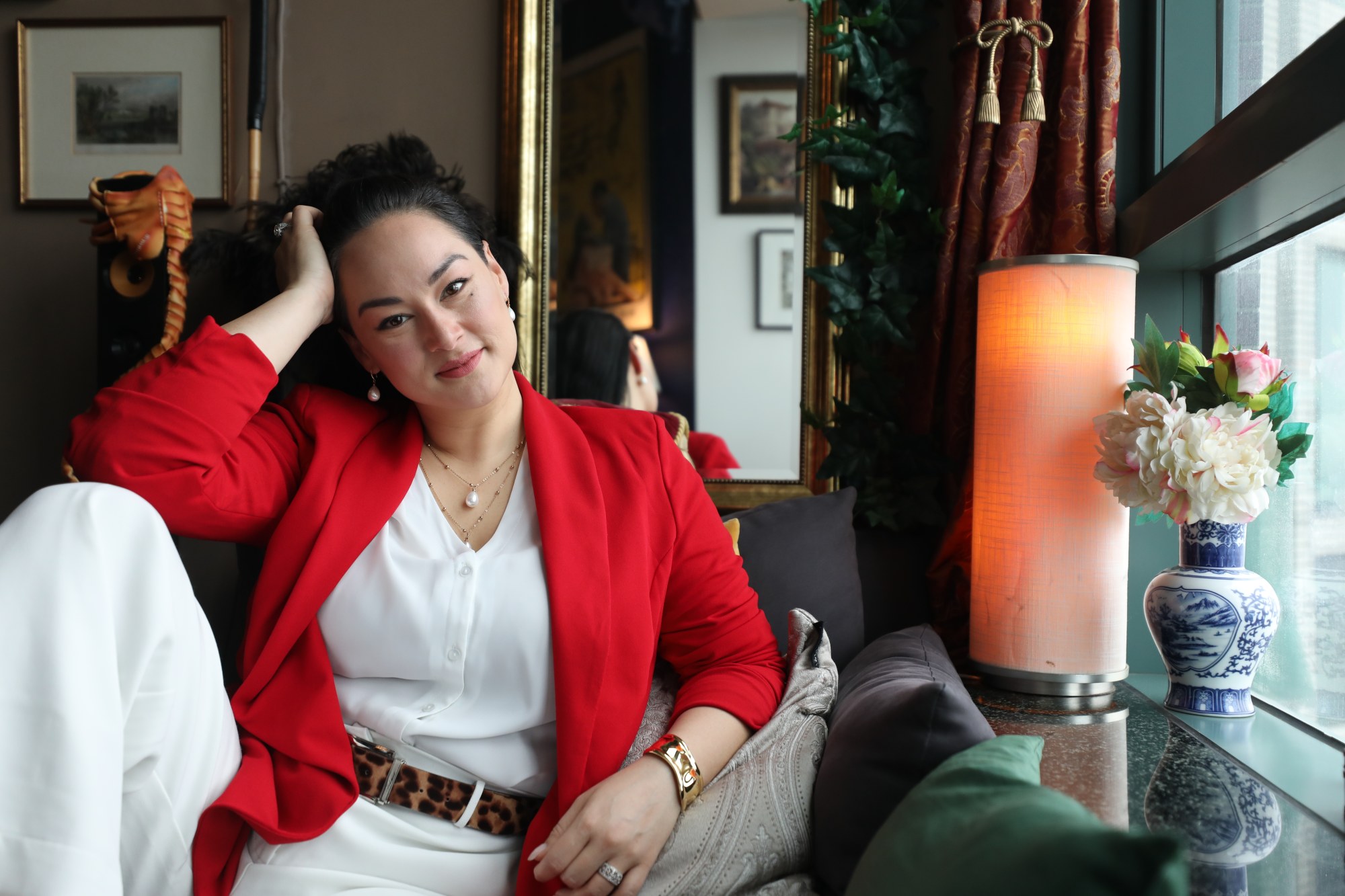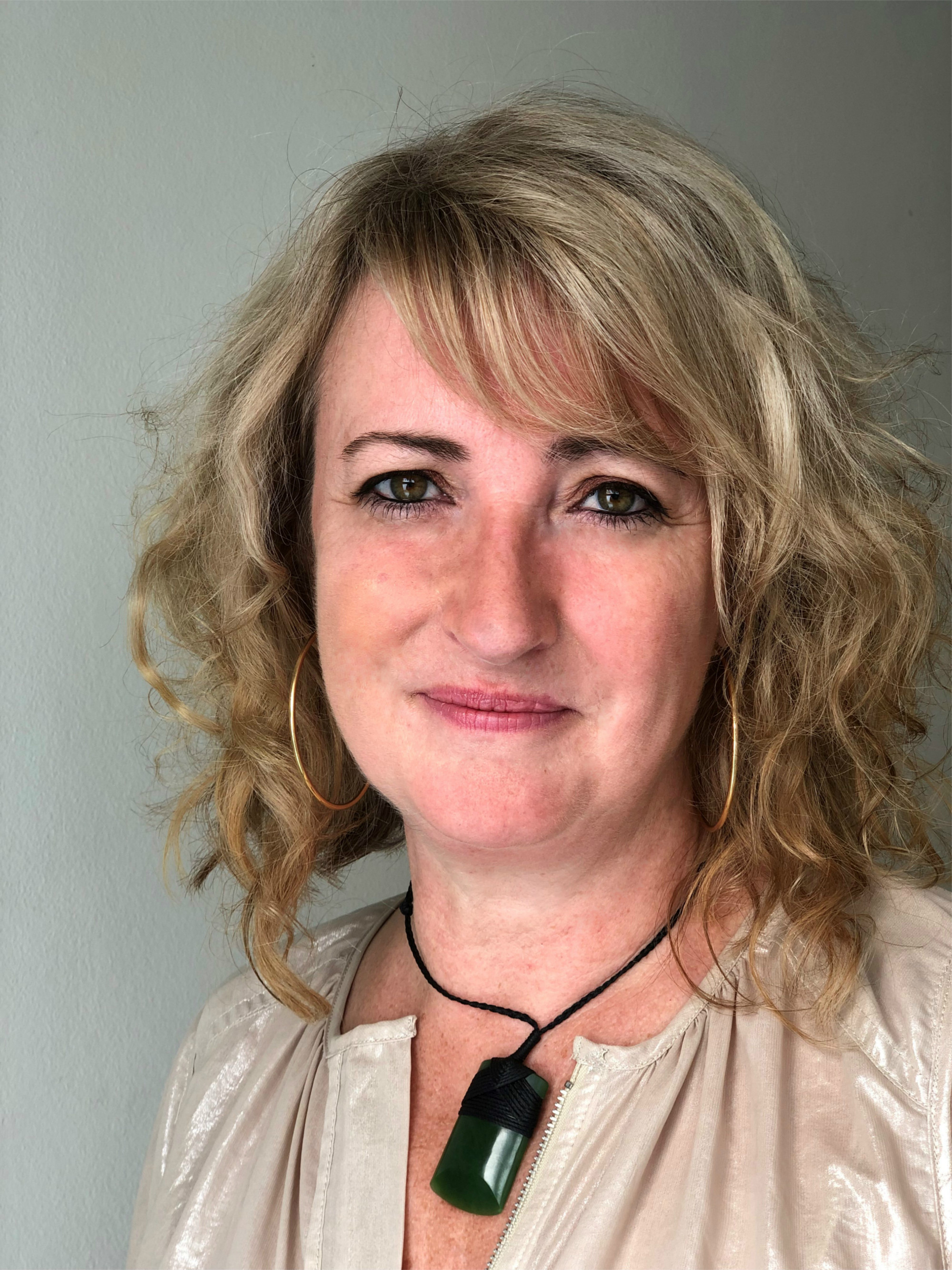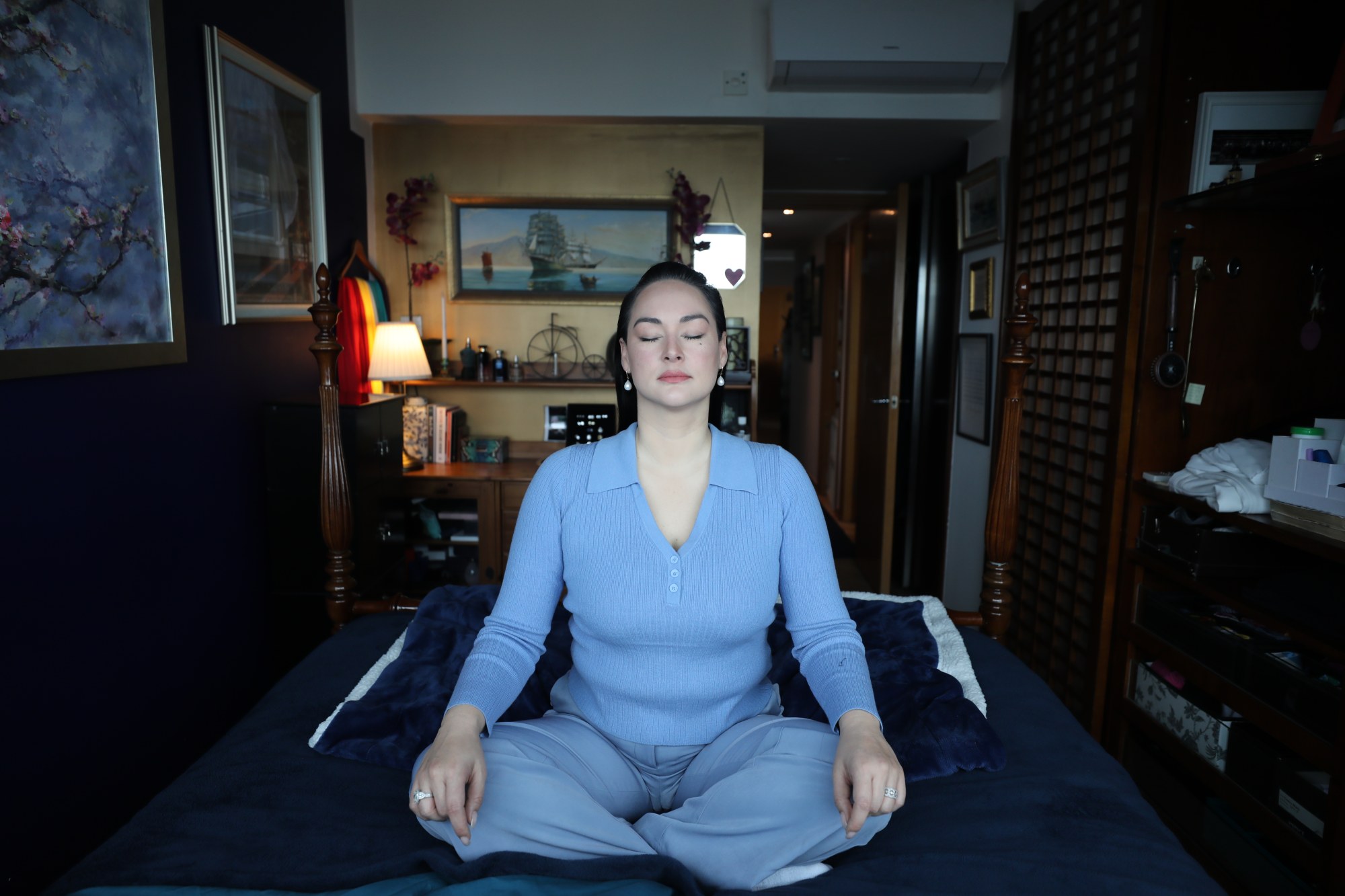
How’s your budgeting? Learn financial literacy to avoid feeling stress about your personal finances - and don’t be too hard on yourself
- Hong Kong woman Raven Tao frittered her money away on designer clothes and ran up credit card debt. It caused her stress and made her depressed
- To get control of your finances you need self-compassion and ways to reduce stress, an expert says. It worked for Tao. She’s teaching financial literacy now
When she was in her 20s, Raven Tao felt “hopeless” about her financial situation. She lacked “fundamental money management skills” and blamed herself for her predicament.
“I earned a decent salary working in media, but I frittered my money away on designer clothes that I never wore and had relationships with people who were happy for me to foot the bill,” says the 39-year-old, who was born in New Zealand and lives in Hong Kong.
“I also received bad investment advice and was the sole contributor to a joint bank account that I shared with someone who later tried to withdraw everything. I also had some pretty scary credit card bills.
“I wanted to improve my financial situation, but didn’t know how,” she continues. “I’d always been bad with numbers, so that became my justification for not taking action. I couldn’t get the help or advice I needed, either, because I was worried about getting ripped off. I felt like a failure for not being able to get my personal finances in order, so I avoided even thinking about it.”

As a result, Tao suffered emotionally. She worked and spent more to distract herself from her money woes but this compounded her frustration, and she fell into a depression. Her dream of owning property and starting a business seemed unattainable and she resigned herself to the belief that she was “bad” with money.
Financial insecurity is a risk factor associated with poor mental health; a risk factor that’s been heightened by the Covid-19 crisis. According to a May 2021 OECD report,, after the pandemic started the mental health of unemployed people and those experiencing financial insecurity was worse than that of the general population.
How to stop worrying about money – three strategies
With living costs on the rise, stagnating wages, and well-paying jobs harder to come by, the current financial landscape may seem stressful and depressing. How can we feel more hopeful and empowered about our financial situation?
First, it’s important to understand that “money impacts our psychology, our mental health and our behaviours, and that our psychology, mental health and behaviours affect our relationship with money”, says Jane Monica-Jones, a financial therapist based in Sydney, Australia.
“It doesn’t matter if you have a little or a lot; the way money affects our mental health is the same across the board. I’ve heard people say that we shouldn’t be emotional about money. I always shut this comment down, because I believe it makes people who are dealing with money-related stresses feel isolated and alone.
“If we want to be more financially resilient … we need to see money as a mental health issue and not just numbers in our bank account.”

It also doesn’t help to think of yourself as lacking financial discipline or being financially illiterate. Having self-compassion goes a long way towards helping you feel better about your finances and reducing your anxiety.
“When we understand how we handled our money in the past, we’re in a better position to make changes for a more positive financial future. But, it’s important to find compassion for ourselves along the way, because the relationship we have with money can be challenging, tricky, and at times painful.”
I have a better relationship with myself and money. Dealing with my finances feels like an adventure rather than a burden

“You can reduce stress and anxiety in many ways,” says Greene. “For instance, you can connect with friends and loved ones on video chat – this will help you forge closer bonds and give you a sense that you’re in it together.
“These all help you focus your mind on something constructive so you don’t overthink, ruminate or catastrophise – all forms of negative thinking that can elevate anxiety levels. Finally, telling yourself that you’re strong and capable, and other forms of positive self talk, may help.”
Monica-Jones adds that when your nervous system is relaxed, you’ll find it easier to solve problems and tackle challenges, such as those related to your finances. When you feel like you can deal with these challenges, you’ll feel more confident and empowered.

Fed up with her messy financial situation, Tao began making changes when she turned 30. First, she addressed her money mindsets, which she says were a cluttered jumble of other people’s views and some ingrained negative beliefs. Then, she tracked her daily expenses to find out where she was spending unnecessarily and began educating herself about money.
Today, she’s in better shape financially. Her journey led her to start a financial literacy social enterprise called MoneyMind that takes the stress out of financial management and helps empower people dealing with financial insecurity. The programme will launch this year.
“Taking action slowly, using positive self-affirmations, and encouraging myself to deal with those parts of my finances that I struggled with or used to avoid, helped me immensely,” she shares. “I have a better relationship with myself and money. Dealing with my finances feels like an adventure rather than a burden.”

